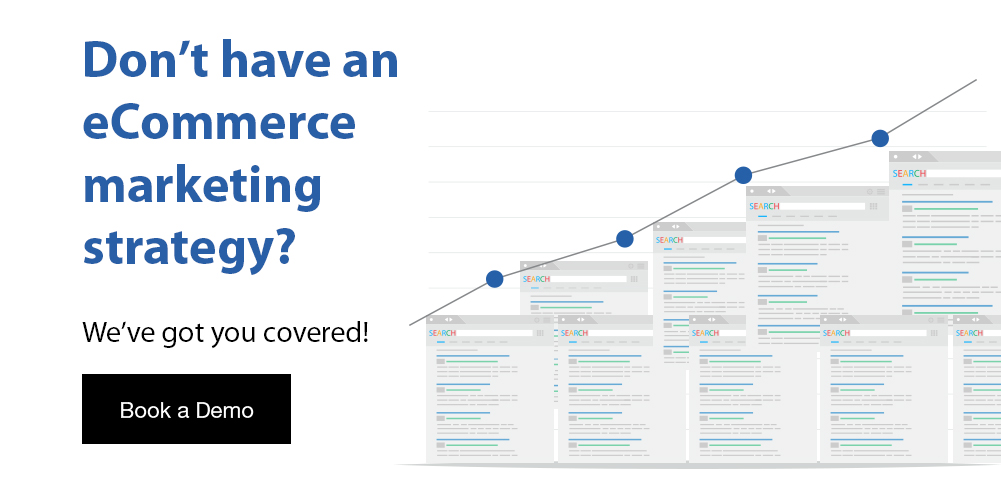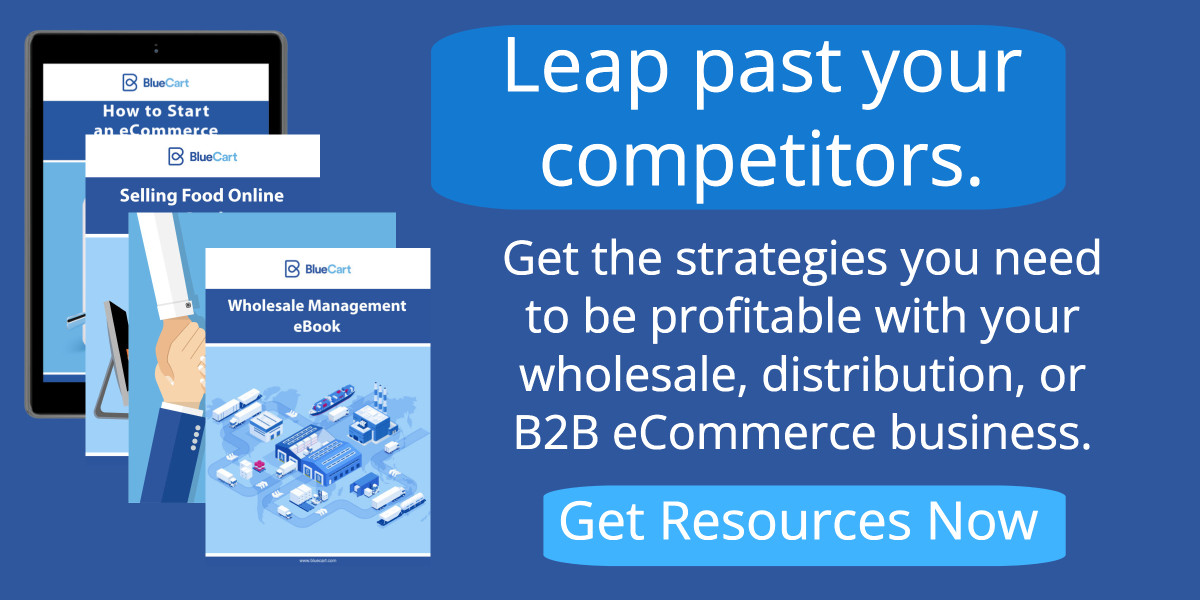Knowing what opportunity cost is can help with some everyday decisions as it is a vital part of the business planning process. In this blog post, we’ll explore “What is opportunity cost?” and check out some opportunity cost examples.
Hopefully, the next time you have a decision to make regarding your business, you will know the answer to “What is opportunity cost?” The information below will help with your process.

What Is Opportunity Cost? Definition and Opportunity Cost Meaning
The opportunity cost definition in economics is the potential benefit one missed by making a specific choice. Essentially, the opportunity cost meaning is the benefit that we could have received, but gave up, in order to choose a different option.
It’s an important thing business owners and managers consider when choosing between different options. To calculate it precisely, you need to know the benefits of choosing another alternative. This means you can’t anticipate with 100% accuracy which option will be better.
Opportunity cost (sometimes called alternative cost) is not included in any accounting documentation. It is merely an abstract concept that helps you see which choice was the best for the future of your business.
In order to calculate the alternative cost of a specific choice, you can use the following formula:
FO − CO = OC
- FO stands for the profit of the alternative option;
- CO stands for the profit from the option you chose;
- OC is the opportunity cost itself.
This means that the opportunity cost is the difference between the money we could’ve made by choosing a different option and the money we’ve made with the alternative we chose.
Key takeaway: When faced with an opportunity or business decision, try to calculate what the other options will bring for your business. Make sure you weigh not just two but all your opportunities. Trying to determine opportunity costs has application even in personal decisions. Like choosing whether to pursue higher education or invest your time in your career;
4 Opportunity Cost Examples
Let’s explore four examples of alternative costs:
1. If a company aims to improve productivity and increase outputs, a business owner can invest in better equipment or in personnel. If the company decides to hire new employees and increase the qualifications of the current ones, it would miss out on the benefits of a potential investment in equipment.
When faced with such decisions, the manager should take into consideration various factors in order to choose the best option or the one with the lowest opportunity cost.
2. Another example can be related to marketing your business. This is possible through eCommerce marketing, B2B content marketing, D2C marketing, and B2B omnichannel marketing.
If you spend zero dollars on marketing, you’ll gain nothing. However, if you spend $1,000 on ads, let’s say you generate $10,000 in sales. After you deduct the costs of materials, labor cost, and marketing, let’s say we have $2,000 in profit. So, in this specific case, choosing not to invest in marketing has an alternative cost of $2,000.
3. Choosing the right price for your products or services can still be done by roughly calculating your opportunity cost. Let’s say you sell your products for $10 on average and you’re constantly out of stock because your prices are below the market average of $15. You can easily see what the opportunity cost is. It’s five bucks for each sale.
4. Back in 2010, a bitcoin forum user offered to pay 10,000 bitcoins for two large pizzas. Bitcoin’s price at the time was less than a penny.
And he did, he bragged how he ordered two large pizzas and paid in bitcoins. 11 years later, these 10,000 bitcoins would be worth close to $650,000,000.
This is a great opportunity cost example. In this specific case, we can calculate that the alternative cost of these two pizzas would be close to $650,000,000 (the price of 10,000 bitcoins at their all-time high price). Hope those pizzas were worth it.

What Is Opportunity Cost Used for in Terms of Business?
Business owners can try to calculate the approximate opportunity cost of different options before making an informed decision. Whether it’s hiring more employees, expanding the business premise, investing in marketing, or something else.
Any manager will tell you that every choice we make is a trade-off (which we’ll talk more about in one of the following paragraphs). We can’t have everything and all our decisions have an opportunity cost.
So, here are three examples of what is opportunity cost and how it’s used in terms of business.
Choosing Whether to Start a Business
If you make $100,000 a year at your current job, and you anticipate you’ll be making $50,000 a year for the first 5 years as a business owner, this is an overall alternative cost of $250,000.
Is it worth it to start a business? Maybe. If you improve and start making $200,000 per year after the first 5 years. This way, in 10 years you would’ve made $1,500,000 total.
In comparison, you would earn $1,000,000 at your job. So, don’t wait anymore. Begin planning your business in order to avoid having an opportunity cost of half a million dollars!
Setting the Price of Your Products or Rates of Your Services
It’s hard to charge the optimal price. If the cost is too high, you lose money for every product you haven’t sold. Alternatively, undercharging means you “lose” for every single sale.
Yes, your business might still be profitable, but you have opportunity costs for every customer that you could have charged more.
Strategic and Tactical Decisions
Earlier we gave an opportunity cost example related to marketing and another one related to improving productivity. Usually, managers and owners will try to calculate the opportunity costs of decisions on a strategic or tactical level.
You’ll rarely see this approach used for operational work. I guess we can say that using it for operational decisions has a high alternative cost. Did we get you with this one? Bear with us.
So, if you spend too much time planning every single thing like simple operational day-to-day stuff, you are probably not using that time in the most productive manner. This leads to opportunity costs.
What Is Trade-off vs Opportunity Cost in Economics?
Although these terms are very similar and relatable, they’re not interchangeable. Opportunity cost focuses on the benefits that could have been gained if a different option was chosen. A trade-off simply states what has been sacrificed when the choice was made.
Here’s an example that should clarify it.
You’re a business owner, and you choose to invest in better equipment and staff training. This includes bar training and alcohol server training if you are a bar manager or bar owner. You are trading off the opportunity to invest this money in marketing and new SaaS software to improve your business processes, for example.
If your machinery is not very old and doesn’t necessarily need changing, you will probably have high opportunity costs. That’s because the way to grow your business is by improving the processes as well as marketing and distribution channels.
So what’s a trade-off vs opportunity cost? Let’s put it this way. A trade-off focuses on what the different options are. An opportunity cost aims to calculate what are the benefits (in terms of money) of the different options.
Frequently Asked Questions about Opportunity Cost
As a business owner, it’s important to understand the question, “What is opportunity cost?” and how to use it. This way, you can make the best choice and decisions for your business. To further understand the opportunity cost meaning, read the following frequently asked questions.
What Is Opportunity Cost in Simple Terms?
In simple terms, opportunity cost is the benefit one could have made if a better alternative was chosen. Generally, the more regret you have, the higher the opportunity cost is.
What Is a Simple Opportunity Cost Example?
A simple opportunity cost example is as follows:
You are thinking about buying stocks, and you’re considering two companies. You choose to buy company stock worth $1,000.
In 10 years, they are worth $5,000. But the other company you were considering is worth $8,000.
This means you have an opportunity cost of $3,000. You still win, but you could have won more.
Is the Opportunity Cost Definition in Economics Different?
No, the opportunity cost definition in economics is not different. Economics studies the matter of opportunity cost in a more theoretical way. On the other hand, every choice we make has an alternative cost.
What Is a Trade-off?
A trade-off is a compromise you make between two decisions. For example, if you decide to go to the movies tonight, you will probably miss the football game.
You traded going to watch the latest blockbuster for watching the game. In business, trade-offs are done all the time. The role of the managers and executives is to select the best option for the company.

Lower Your Opportunity Cost with BlueCart
Our all-in-one order management platform is chosen by more than 100,000 businesses as their one-stop shop for mobile ordering, order fulfillment, B2B wholesale, and eCommerce!
Request a demo today and let’s discuss how we can help business grow in the 21st century.